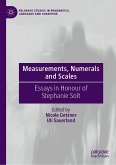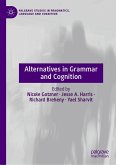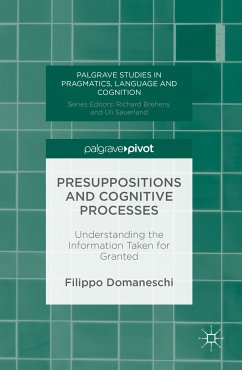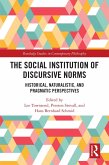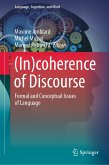This edited book explores how harmful speech works, how it can be used to change societies in bad ways and how we can defend against it. Harmful speech comes in a variety of forms, including hate speech, dehumanizing speech, misogynistic speech, derogatory speech, misgendering, marginalizing speech, and much more. What is common to all these types of speech is that they don't just offend but seek to harm members of vulnerable groups, so that they feel humiliated, attacked, denigrated, silenced, and dehumanised. These harms are not confined to the conversation in which such speech is used, but may involve various downstream effects such as moral, social, and epistemic harms. Harmful speech may also shift social norms by changing people's opinions and ultimately changing norms about how targets ought to be treated. Harmful speech uses this effect to establish and maintain oppressive norms, entrench hierarchies and shape power relations. The contributions in this volume examine the mechanisms underlying various forms of harmful speech and possible responses and remedies. They combine a variety of tools and perspectives, including philosophy of language, linguistics, ethnography, with a particular focus on issues in the semantics/pragmatics of derogatory expressions, speech acts and conversational dynamics. The chapters bring these conversations together and highlight the ways in which philosophers of language have sought to build bridges in recent years with social and political philosophy concerned with the nature of oppression and responses to it. These topics offer the opportunity for a valuable integration of insights from different perspectives.
¿Mihaela Popa-Wyatt is a Lecturer in Philosophy at Manchester University, UK. Her primary research areas are in Philosophy of Language and Linguistics, Meta-ethics, Social and Political Philosophy, Social Epistemology, Philosophy and Race and Gender.
Dieser Download kann aus rechtlichen Gründen nur mit Rechnungsadresse in A, B, BG, CY, CZ, D, DK, EW, E, FIN, F, GR, HR, H, IRL, I, LT, L, LR, M, NL, PL, P, R, S, SLO, SK ausgeliefert werden.
Hinweis: Dieser Artikel kann nur an eine deutsche Lieferadresse ausgeliefert werden.




